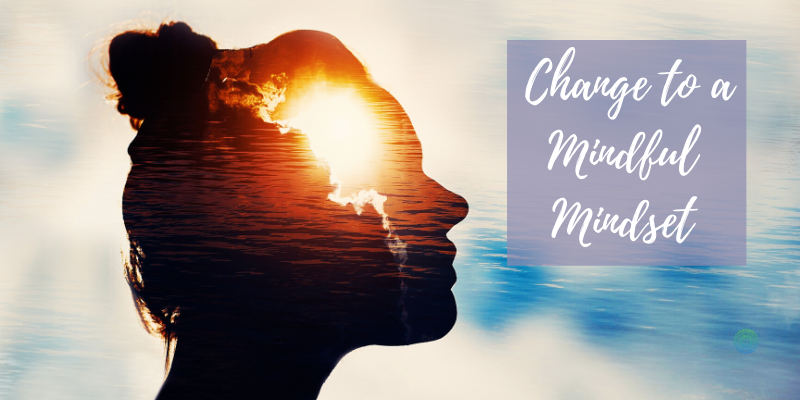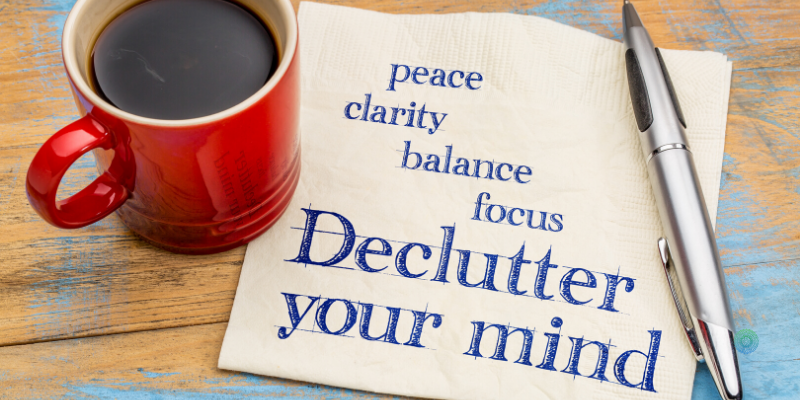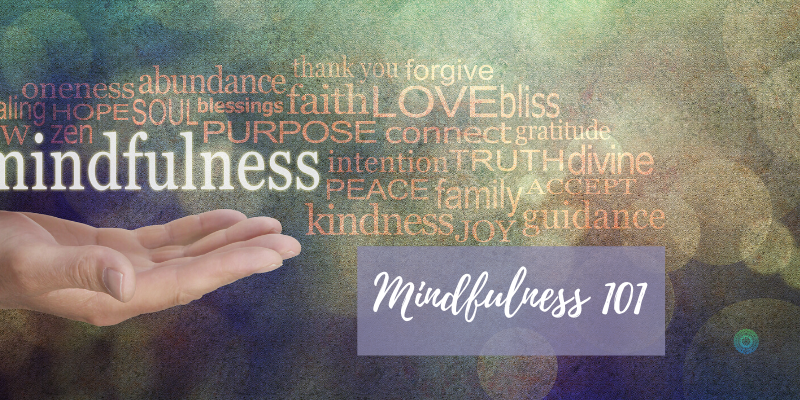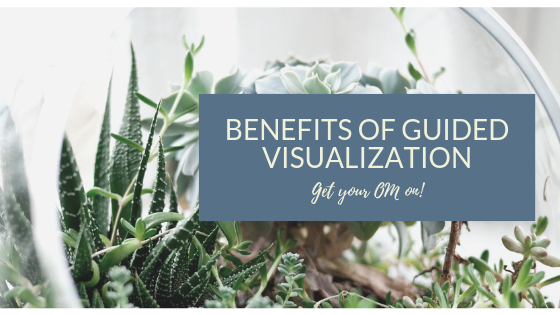You have your mindfulness notes, your devotional book, and your guided meditations. You are ready to get started, but now you are wondering if this is even going to work for you or how to make it work. If this sounds like you, and your current place with mindfulness, you may need to start with your mindful mindset. Getting your mindset engaged is the first step, and here are some tips to get you there.
Remove Negative Words and Phrases
One of the first ways to get yourself in a mindful mindset is to remove negative words and phrases from your daily life. If you write down your goals, remove words like won’t or may. These are words that suggest failure and that can have an effect on your mindset. Work to remove negative thoughts in your daily conversation and in how you handle speaking to others. This doesn’t have to be a happy about everything mindset. This simply means you aren’t setting yourself up for depression, stress, and worry with your own words.
Failure Isn’t a Given
Unfortunately, many people feel like failure is a given. You will likely fail in some way on your path to your goal. The truth is, your whole intention is to not fail. You set out to reach your goal regardless of the obstacles in your life. This means that failure should not be something you automatically assume will be there. Make sure you are focused on your goals, the path you are going to use to get there, and that you are removing any thoughts that failure is imminent.
Happiness Everyday
Find happiness every day. This may sound very rose colored glasses happy talk, but the truth is there is something to the process. Everyone has horrible days, but the problem is when you have several in a row and you can’t find anything good about any of them. It sets you up for saying your life is horrible and there is no light at the end of the tunnel. Instead make it a point to find one bright point a day. Just one bright point that could be anything from a good cup of coffee to being thankful for your soft blankets to end the day.
By incorporating these tips at the start of your mindfulness journey, you can refocus your mindset and get it on track. Overtime you may find the need to revisit these tips to reset your mindset when you get off track. Just keep in mind, mindfulness is ever growing and a journey instead of a last stop.






